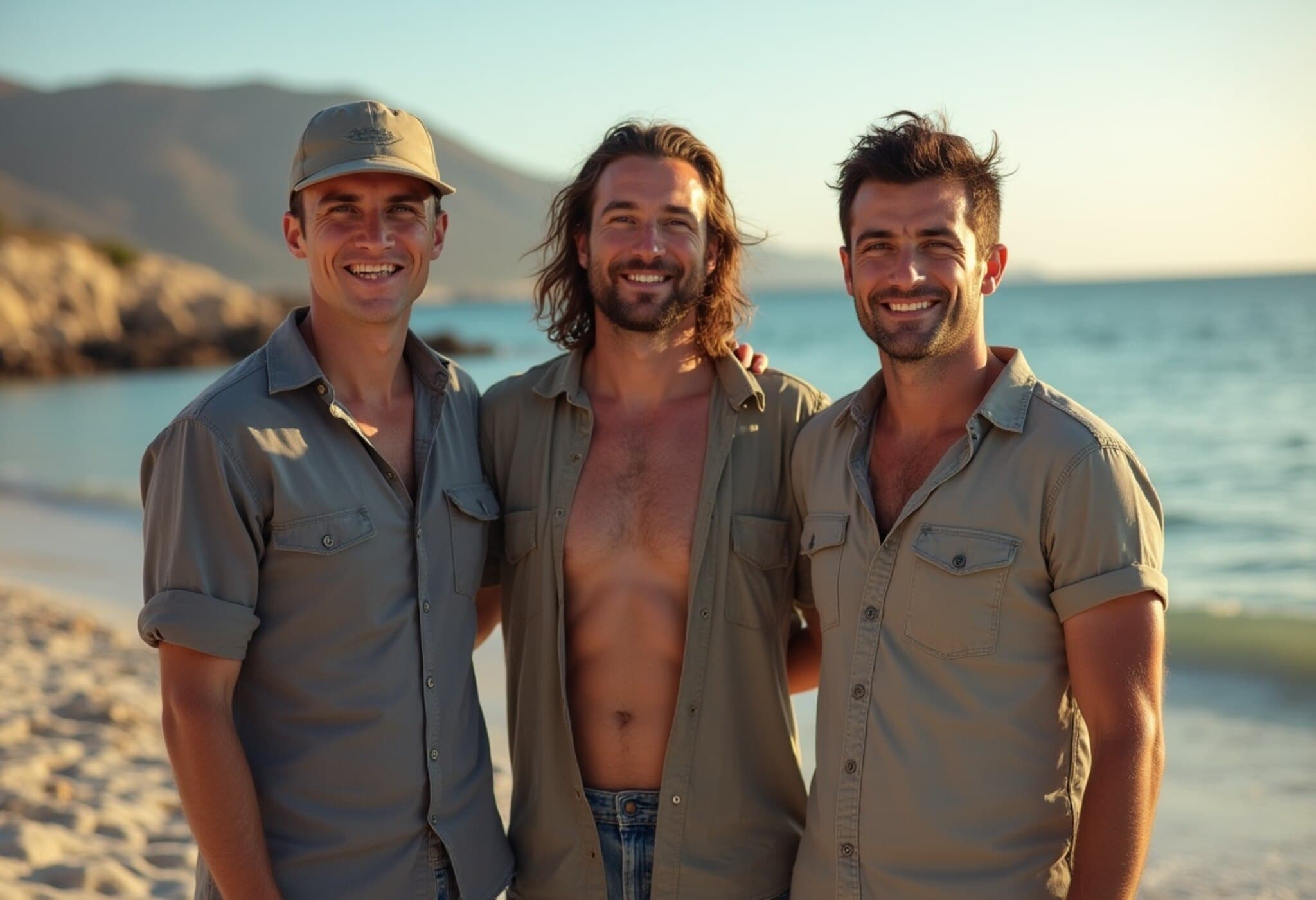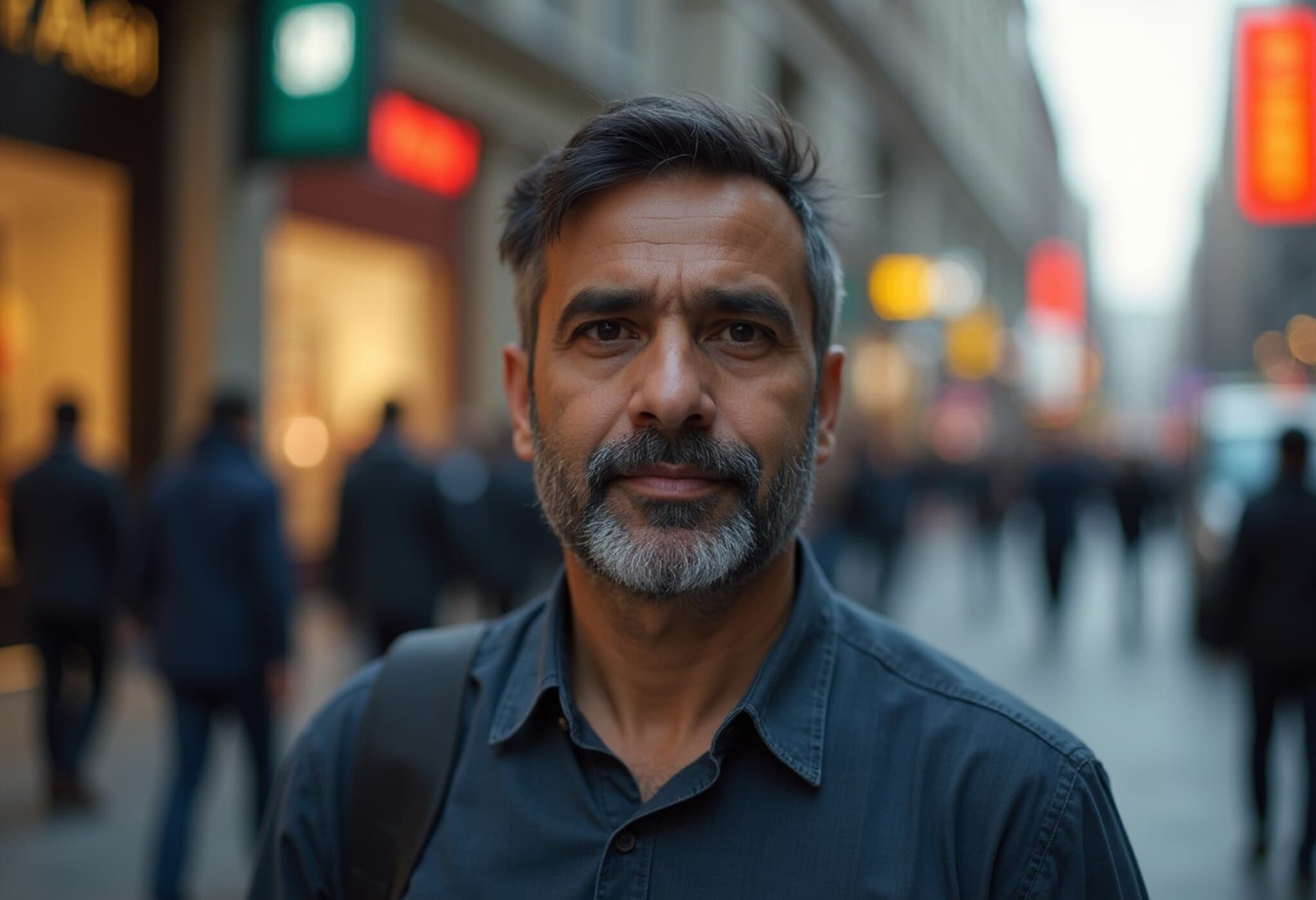Australian Brothers’ Tragic Death: Prosecutors Point to Robbery Gone Wrong in Mexico
In a heartbreaking case that has gripped both Australian and international communities, Mexican prosecutors are set to argue that the killing of two Australian brothers and their American friend last year was a robbery gone terribly wrong, with no direct connection to the local drug cartels notorious for violence in the region.
Details of the Incident Near Santo Tomás, Baja California
Callum Robinson, 33, and Jake Robinson, 30, along with their friend Jack Carter Rhoad, 30, were found deceased in May last year in a remote well near Santo Tomás, a town in one of Mexico’s most crime-prone states, Baja California. The victims had gunshot wounds to the head, indicative of an execution-style killing.
The trio had embarked on a surfing adventure from Ensenada on April 27, heading to the relatively secluded Punta San José beach, a summer hotspot for surfers but with limited phone reception and electricity. That same day, authorities believe they encountered a group of criminals who assaulted them.
Suspects and Charges: A Case of Violent Robbery?
Three Mexican men—Jesús Gerardo (known as “El Kekas”), Irineo Francisco, and Ángel Jesús—have been apprehended and face serious charges including aggravated homicide, violent robbery, and vehicle theft. Officials maintain that these suspects have no links to the drug cartels, which is notable given Baja California’s reputation for cartel-related violence.
The attorneys involved emphasize sufficient evidence to prosecute the accused not only for homicide and robbery but also for forced disappearance, a charge akin to kidnapping. Interestingly, in a preliminary interview, one suspect’s girlfriend, Ari Gisell, implicated the defendants with the chilling admission that “El Kekas” reportedly said, “I f---ed up three gringos.” She is also scheduled to face court for possession of drugs and one victim’s phone.
Expert Insight: The Perils of Remote Tourism and Crime in Mexico
Baja California’s isolated beaches offer serene beauty but can also be dangerous, especially for foreign tourists unfamiliar with local risks. Chief prosecutor Miguel Ángel Gaxiola Rodríguez commented that the confrontation happened because the perpetrators identified an opportunity in a highly secluded setting, exploiting the tourists’ vulnerability.
This case sheds light on the broader challenges Mexico faces in balancing its booming tourism industry with ongoing security concerns, a balancing act with significant implications for international visitors and diplomatic relations.
Family and Background: The Robinson Brothers’ Final Journey
The Robinson brothers were avid surfers and adventurers. Callum had been residing in the United States to pursue a professional lacrosse career when Jake visited him. Eager to explore, the two brothers, along with their American friend, set off on a surf trip to Mexico—an escape that tragically ended in violence. Their mother, Debra Robinson, raised alarm after the trio failed to return or check into their accommodations on schedule.
What This Means Going Forward
As the accused prepare to appear before a court in Ensenada, the spotlight remains on justice for the victims and the accountability of those responsible. The trial also raises broader questions about safety standards for tourists, the adequacy of security law enforcement in remote tourist destinations, and Mexico’s ongoing battle with crime beyond cartel turf wars.
For families of victims and international communities, the hope is that this case marks a step toward transparency and deterrence against similar tragedies.
Editor's Note
This tragic episode is a somber reminder of the unpredictability faced by travelers in vulnerable regions. While much attention often falls on cartel violence in Mexico, this case highlights that smaller, opportunistic crimes can escalate with deadly consequences. It also raises pressing questions: How can tourists better protect themselves? What measures are Mexican authorities taking to improve security in isolated areas frequented by foreigners? And importantly, how can international cooperation ensure justice and prevent future incidents?
- Surfers and adventure tourists should stay informed about regional risks and maintain communication with their families.
- Authorities must strengthen local security and emergency response structures, especially in remote tourist locations.
- Ongoing monitoring of this trial may provide new insights into the dynamics of violent crime beyond cartel activities in Mexico.
Ultimately, this case stresses the importance of vigilance, both at personal and policy levels, when engaging with the rich but sometimes-dangerous landscapes abroad.












